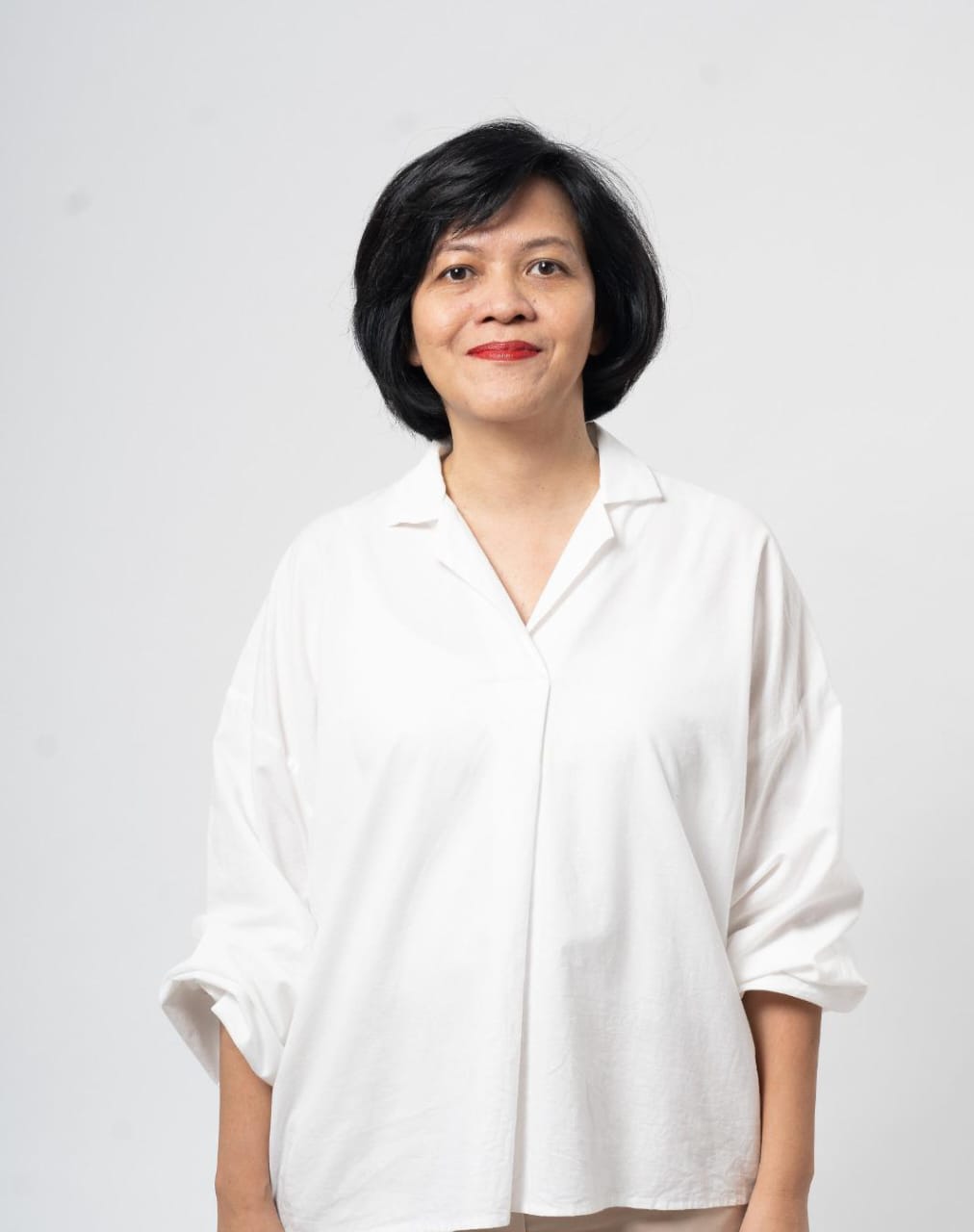As an effort to welcome World Environment Day, the Collaborative Action Center of the Universitas Indonesia Alumni Association (CAC ILUNI UI) held a World Environment Day 2023 event at the Faculty of Engineering (FT), UI. (5/6) This year, the event prioritizes tackling plastic pollution through the #BeatPlasticSolution campaign. The main activities included inspirational talk shows to competitions and innovative product exhibitions aimed at educating and promoting sustainable plastic solutions.
CAC ILUNI UI took the problem of plastic pollution as the main issue due to plastic waste being one of the biggest threats to the entire world today.
Currently, Indonesia is considered to be experiencing various branching problems regarding plastic waste.
Throwaway society or the culture of using disposable items is increasing in Indonesia. This is based on SIPSN data for 2022 which showed that plastic waste is the second largest percentage of waste after food waste at 18.2%.
In reality, because of the difficulty of decomposing this waste, the waste processing process is not optimal at the final disposal site (TPA). This is caused by waste not being segregated from the start, between organic, inorganic, or B3 waste.
This lack of attention to waste sorting affects the processing of organic waste (such as food scraps), and the process of decomposing waste in landfills can be hampered.
“Trash in the city of Depok has been mixed for a long time (until now)—in particular, at the Cipayung landfill. Therefore, the commitment of the Depok city government (Pemkot Depok) is to process this waste plus the additional waste that is produced 1000 tons per day – 0.6 kg per person per day,” said Imam Budi Hartono, Deputy Mayor of Depok when explaining the current condition of waste in Depok in the first session of the talk show “Which is Better: Replace, Reuse, or Recycle?”.
“This becomes a problem at various landfills, such as the Cipayung landfill. We don’t sort out organic waste to inorganic waste and even use plastic waste as containers,” said Dr. Ir. Novrizal Tahar, Director of Waste Management at the Ministry of Environment and Forestry (KLHK) in the same session.
Garbage waste must be minimized immediately because it can cause hidden threats, such as water and soil pollution, landslides and fires in landfills. In fact, this disaster has caused the loss of hundreds of lives.
Not only that, this invisible potential of danger also threatens the sustainability of river and sea ecosystems. This also influences human survival. Therefore, a joint commitment is needed to overcome the problem of plastic pollution in Indonesia, not only from the government, but also the community.
Even though it has not been implemented 100%, Indonesia is still making efforts to overcome plastic pollution from upstream to downstream, such as making policies related to plastic waste management—one of which is Presidential Decree (Perpres) no. 83 Year 2018 until the implementation of the campaign. At the upstream stage, this presidential regulation prioritizes reducing plastic waste by 70% into the sea.
At the downstream stage, campaigns are carried out emphasizing waste reduction, circular economy policies, and freedom from emissions. This can be done by recycling, upcycling, and others.
In Depok, apart from the waste bank, the city of Depok has a Waste Management Unit (UPS) which is used to process organic waste into compost, so that it can be used by the community.
Through these stages, it is hoped that Indonesia will achieve zero waste to zero emissions, even net zero emissions by 2060.
However, achieving a recycling chain from upstream to downstream will not be possible if there are no restrictions on the use of single-use plastic. In order to be able to fulfill a minimal waste lifestyle, you can shop without packaging, sort waste from your home, use up or prevent food waste, and even make compost from food waste.
“The Cipayung landfill is overloaded. Waste is not only a problem for the central government, but also a problem for all of us. If we commit together, all components, the waste problem can be overcome,” said Imam.
“Let’s solve the waste problem together,” he added.
To complement the first session of the talk show, the second session showed that there are various efforts to limit the use of single-use plastic.
“Creativity is needed when committing to reducing waste—consumers also have the power to change producer preferences to achieve this commitment,” said Jessica Halim, founder of Demibumi.
To conclude the event, a presentation session was held from the five finalists in the “Innovative Solutions for Plastic Pollutions” product innovation competition. The competition, which was held for one week, was won by a team consisting of Fionna Aurell, Raka Lintang Kawindra, and Vincent from FT UI.
They presented the idea of biodegradable straws made from corn cobs and rice washing water as an alternative to reducing plastic waste in Gorontalo under the name rice corn straw. “We thought (this competition),W’wow, this looks interesting,’ especially the aim of this competition itself which is to provide an innovative product that can be implemented, so that it has an impact on the surrounding area. But truthfully, we didn’t expect to win,” said Fionna, a Chemical Engineering student class of 2021 as a representative of the team that won first place.



